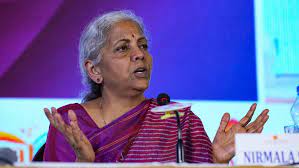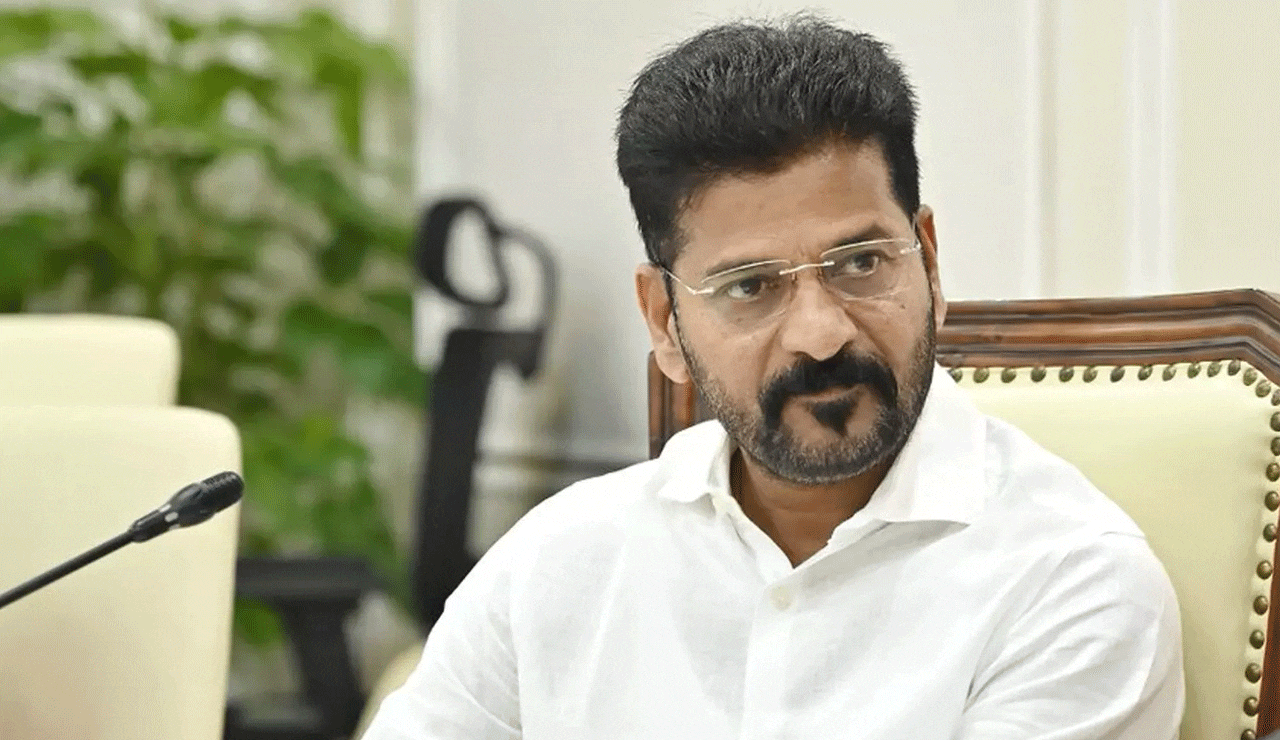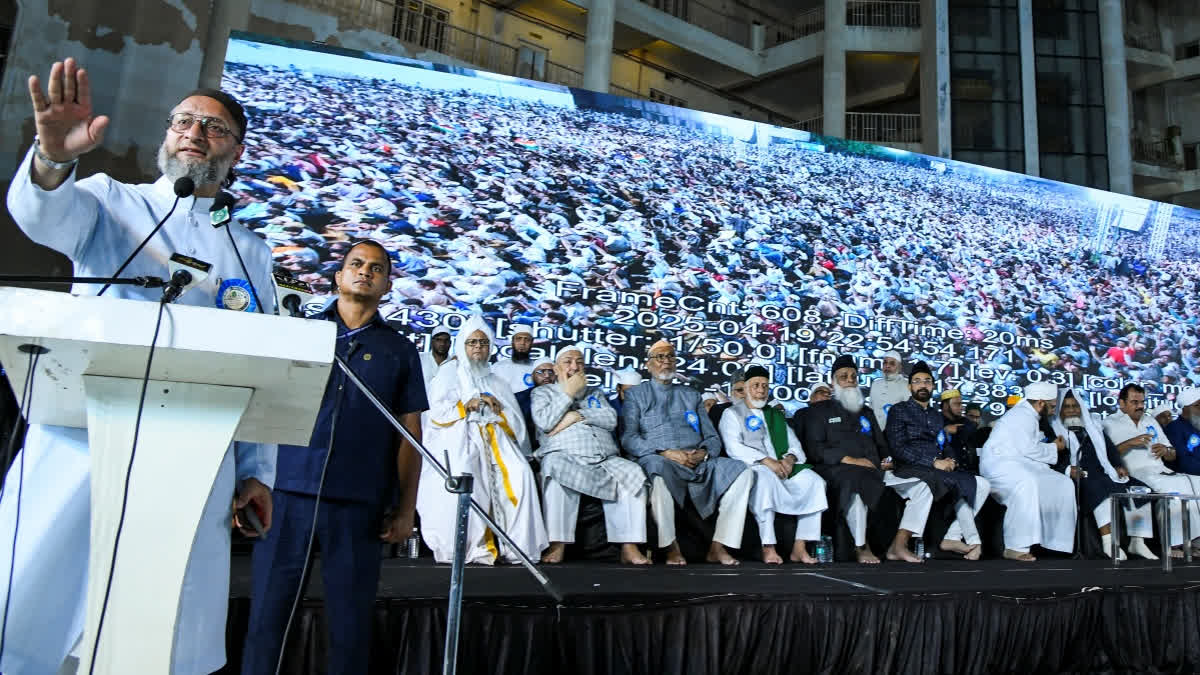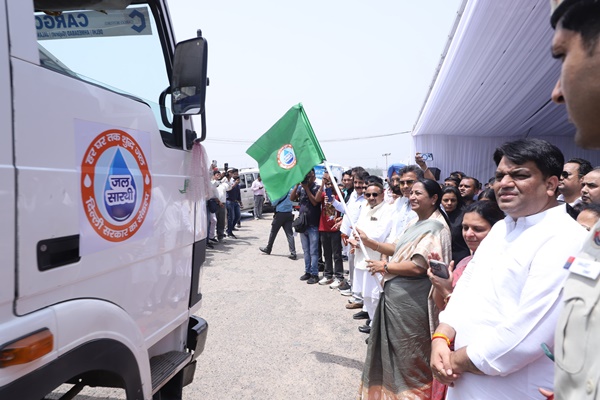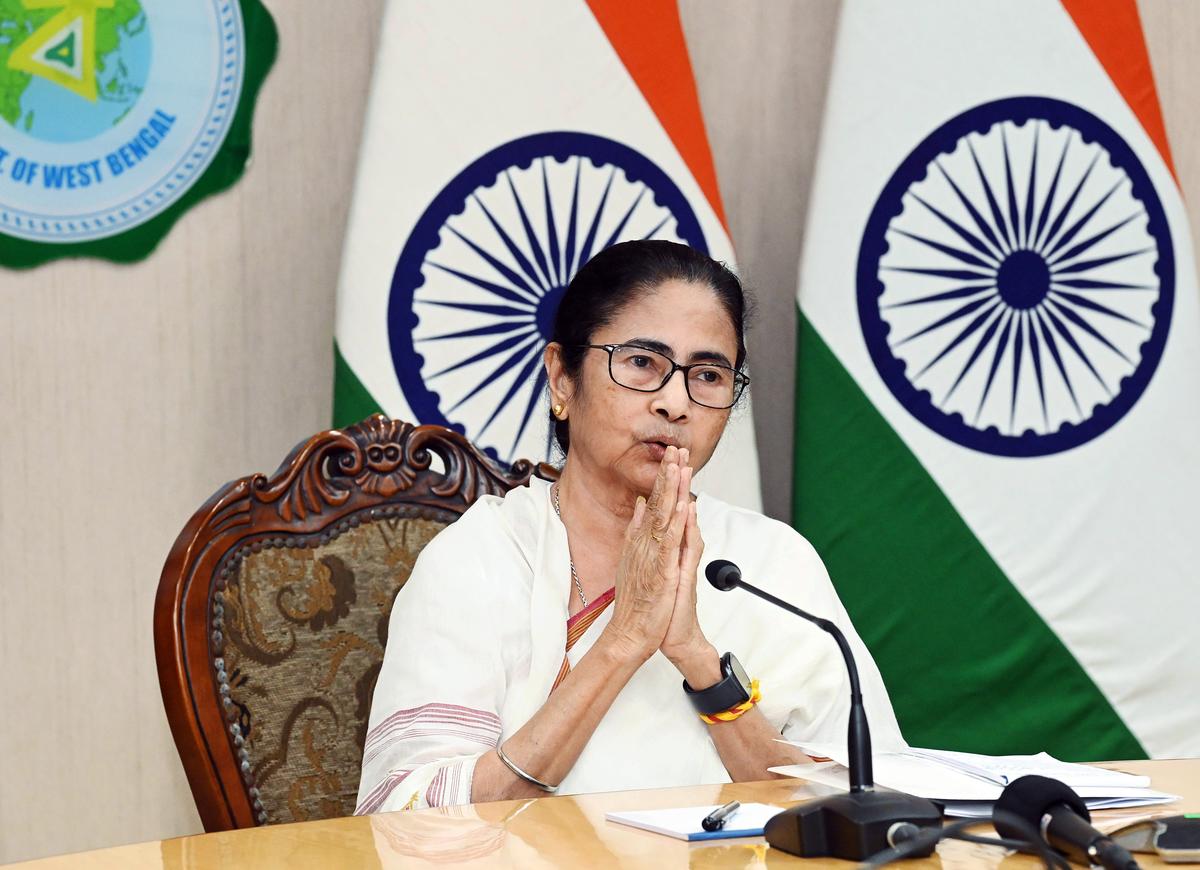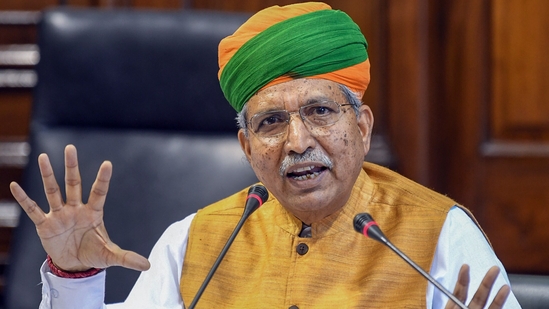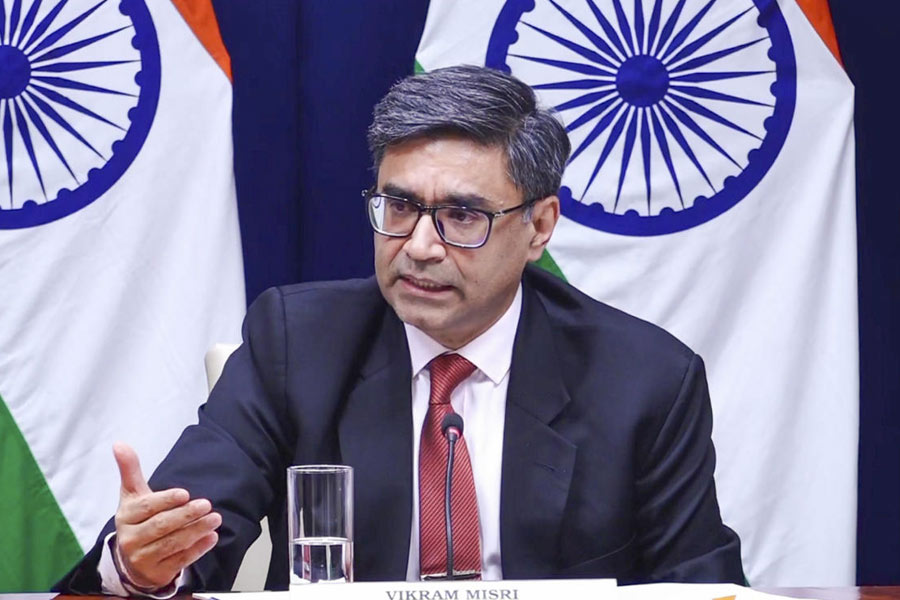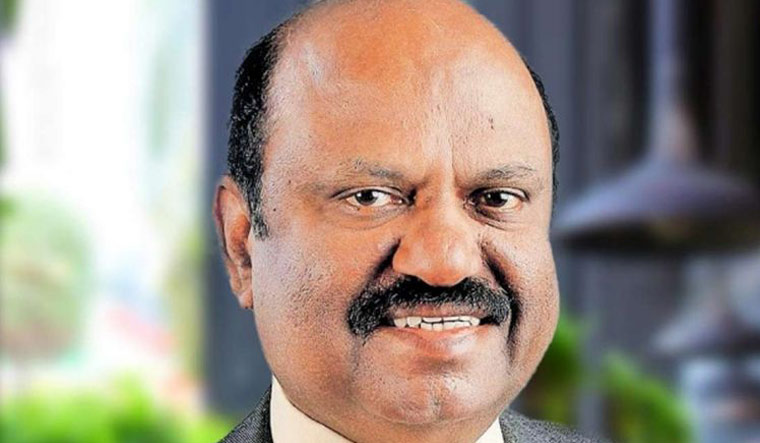Pak, Turkey sign 10 agreements to enhance bilateral ties
Sat 25 Feb 2017, 20:38:40
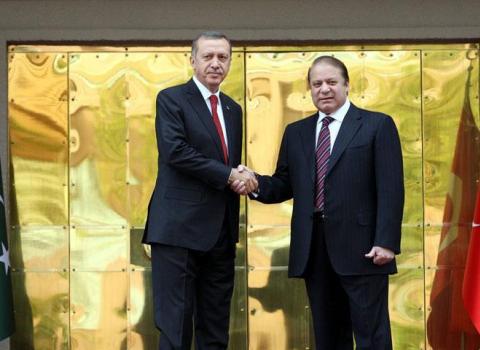
Islamabad : Pakistan has signed 10 agreements with Turkey to enhance bilateral cooperation in various fields, including exchange of financial intelligence relating to money laundering, hydrocarbon and defence cooperation.
The agreements and MoUs were signed during Prime Minister Nawaz Sharif's visit to Turkey from February 22-24 during which he co-chaired the 5th Session of Pakistan-Turkey High Level Strategic Cooperation Council (HLSCC), the Foreign office said.
"At the conclusion of the 5th Session of HLSCC, the two countries signed 10 Agreements/MOUs, in a number of areas of bilateral cooperation, including the Joint Declaration," it said.
The agreements and MoUs were signed in the fields of hydrocarbons, environment, forestry, information, exchange of financial intelligence relating to money laundering and exchange of armed forces personnel.
The two countries agreed to prioritise cooperation in the energy sector, increase bilateral trade and investment, enhance collaboration in the banking and finance sectors, benefit from mutual expertise in the area of education.
They also agreed to promote cooperation between the higher education institutions; reinforce the ongoing collaboration in the fields of communications and railways and promote culture and tourism.
The two sides further decided to
expeditiously complete the work on developing a comprehensive, long-term and forward-looking framework for defence cooperation and enhance partnership between the defence industries of the two countries.
expeditiously complete the work on developing a comprehensive, long-term and forward-looking framework for defence cooperation and enhance partnership between the defence industries of the two countries.
They also expressed satisfaction at their existing close cooperation at regional and multilateral fora, including on United Nations Security Council reform process and issues pertaining to global non-proliferation agenda.
The Joint Declaration on Turkey-Pakistan Strategic Relationship for Peace and Prosperity issued at the end of the meeting condemned in the strongest possible terms the recent terrorist attacks in Pakistan and Turkey; expressed firm resolve to fight the common threats faced by both countries; reaffirmed mutual support on issues of core national interest; and agreed to intensify collaboration in diverse fields.
Established in 2009, the HLSCC serves as a framework for consultations at the highest political level between the two sides, and consists of six Joint Working Groups (JWGs) in the areas of energy, trade, banking and finance, education, communications and railways and culture and tourism.
So far 60 agreements and MoUs have been signed under the HLSCC framework in various areas.
Prime Minister Sharif held meetings with President Recep Tayyip Erdogan and Prime Minister Binali Yildrim.
No Comments For This Post, Be first to write a Comment.
Most viewed from International
Most viewed from World
AIMIM News
Latest Urdu News
Most Viewed
May 26, 2020
Do you think Canada-India relations will improve under New PM Mark Carney?
Latest Videos View All
Like Us
Home
About Us
Advertise With Us
All Polls
Epaper Archives
Privacy Policy
Contact Us
Download Etemaad App
© 2025 Etemaad Daily News, All Rights Reserved.

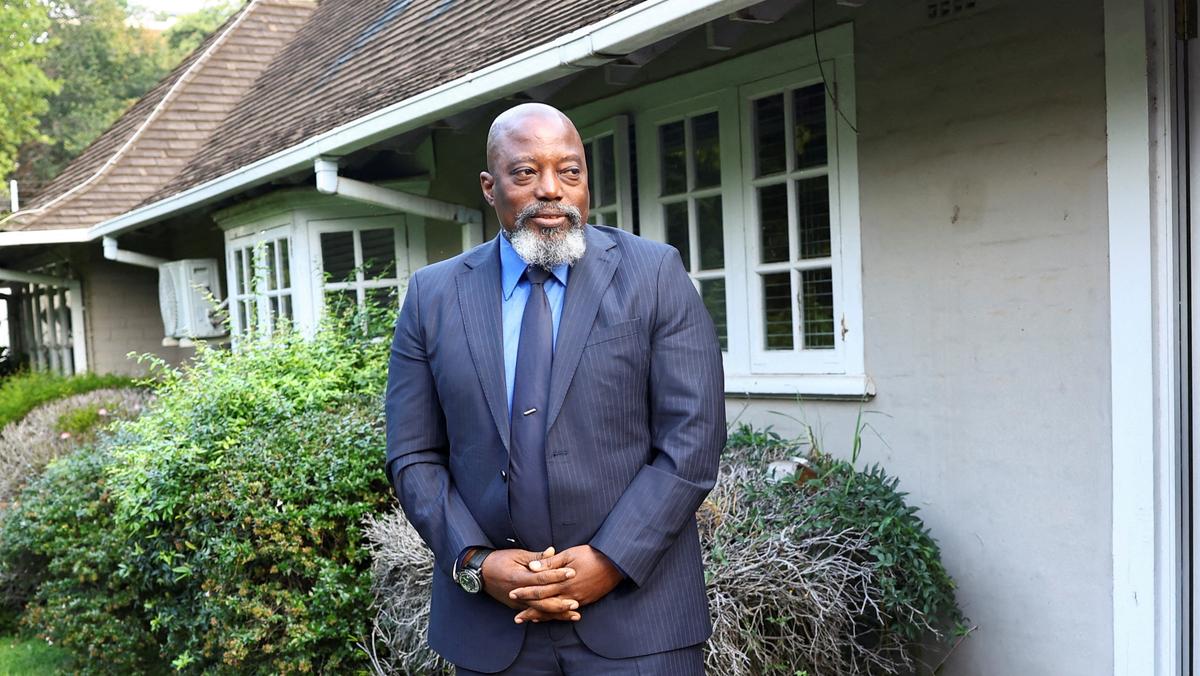
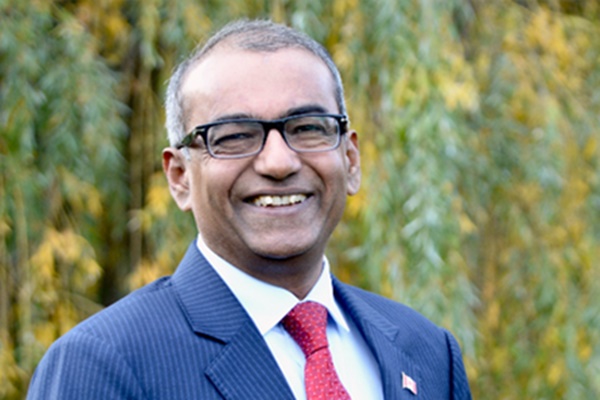


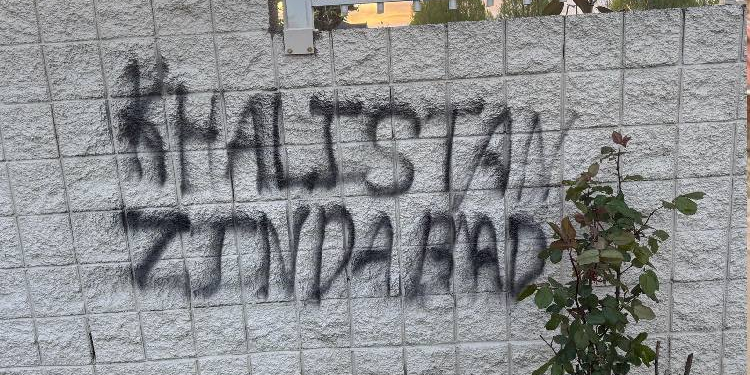
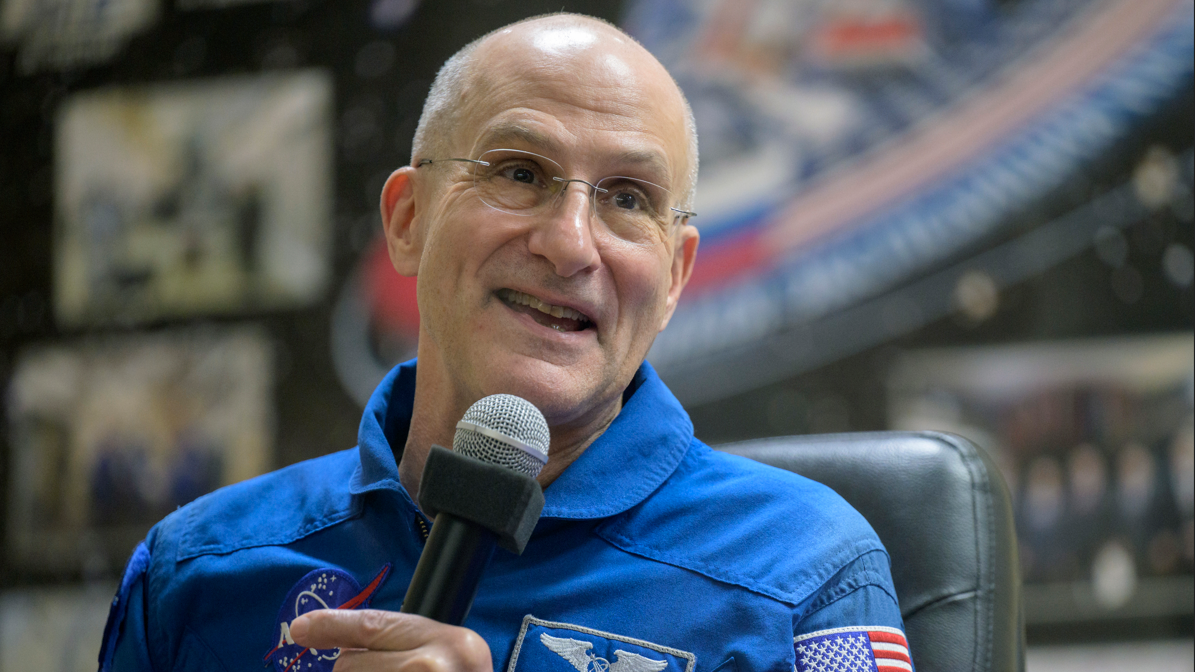



.jpg)


